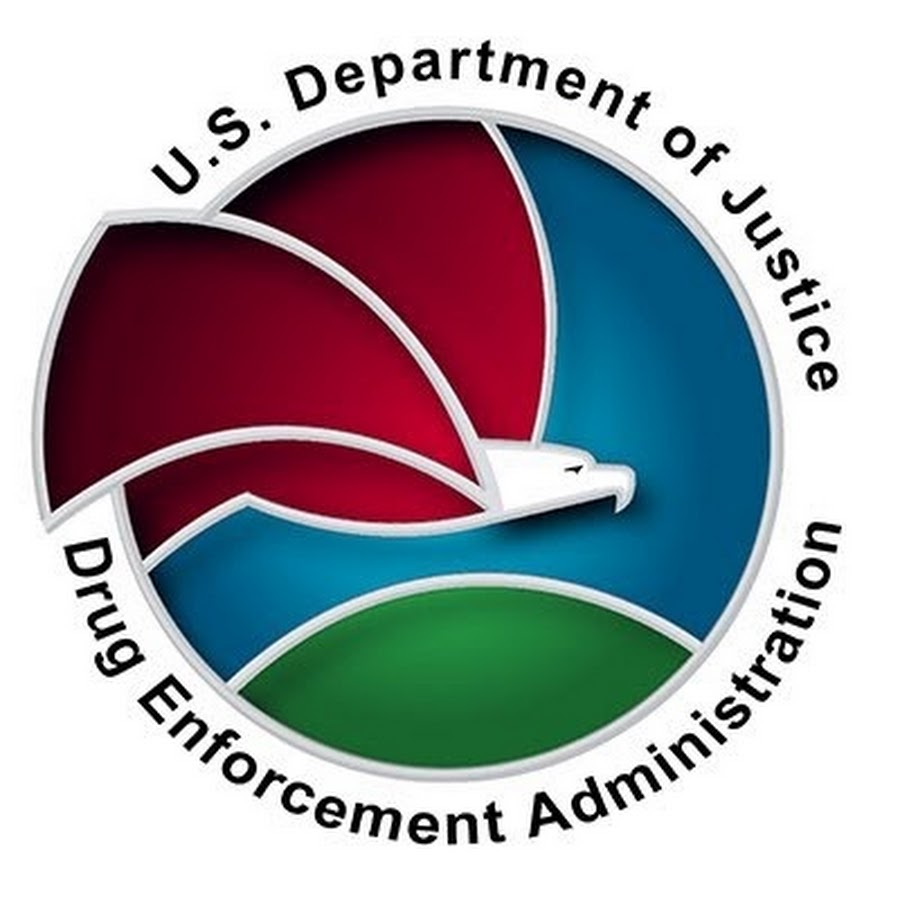Part 2 of 2 Parts (Please read Part 1 next)
During their discussions regarding Ebisawa’s access to nuclear materials, Ebisawa also held discussions with UC-1 concerning Ebisawa’s desire to purchase military-grade weapons. In May 2021, Ebisawa sent UC-1 a list of weapons, including surface-to-air missiles, that Ebisawa wanted to purchase from UC-1 on behalf of the leader of an ethnic insurgent group in Burma (CC-1). Together with two other co-conspirators (CC-2 and CC-3), Ebisawa suggested to UC-1 that CC-1 sell uranium to the General, through Ebisawa, to fund CC-1’s weapons purchase. On a February 4th, 2022 videoconference, CC-2 told UC-1 that CC-1 had available more than forty four hundred pounds of Thorium-232 and more than two hundred and twenty pounds of uranium in the compound U3O8. This is a compound of uranium commonly found in the uranium concentrate powder known as “yellowcake”. CC-1 said he could produce as much as five tons of nuclear materials in Burma. CC-2 also said that CC-1 had provided samples of uranium and thorium. He went on to say that CC-2 was prepared to show these to UC-1’s purported buyers. CC-2 mentioned that the samples should be packed “to the contain the radiation.”
One week later, Ebisawa, CC-2 and CC-3 took part in a series of meetings with UC-1 and CS-1 in Southeast Asia to discuss their weapons, narcotics, and nuclear materials transactions. CC-2 asked UC-1 to meet in CC-2’s hotel room for one of these meetings. Inside the room, CC-2 showed UC-1 two plastic containers, each of which held powdery yellow substance which CC-2 described as “yellowcake.” CC-2 said that one container held a sample of uranium in the compound U3O8, and the other container held Thorium-232. UC-1 photographed and video-recorded the samples.
With the assistance of Thai authorities, the nuclear samples were seized and transferred to the custody of U.S. law enforcement authorities. A U.S. nuclear forensic laboratory examined the nuclear samples. They determined that both samples contain detectable quantities of uranium, thorium and plutonium. In particular, the laboratory determined that the isotope composition of the plutonium found in the Nuclear Samples is weapons-grade. This means that the plutonium, if produced in sufficient quantities, would be suitable for use in a nuclear weapon.
A list containing the charges for Ebisawa and Singhasiri is set forth below.
1. Conspiracy to commit international trafficking of nuclear materials
2. International trafficking of nuclear materials
3. Narcotics importation conspiracy
4. Conspiracy to possess firearms, including machineguns and destructive devices
5. Conspiracy to acquire, transfer, and possess surface-to-air missiles.
6. Narcotics importation conspiracy
7. Conspiracy to possess firearms, including machine guns and destructive devices
8. Money laundering
The DEA Special Operations Division Bilateral Investigations Unit is currently investigating the case, with assistance provided by the DEA Tokyo Country Office, DEA Bangkok Country Office, DEA Chiang Mai Resident Office, DEA Jakarta Country Office, DEA Copenhagen Country Office, DEA New York Field Office, DEA New Delhi Country Office, the Justice Department’s Office of International Affairs and the National Security Division’s Counterterrorism Section, and law enforcement partners in Indonesia, Japan and the Kingdom of Thailand.
Dmitry Slavin is a Trial Attorney of the U.S. National Security Division’s Counterterrorism Section. Alexander Li, Kaylan E. Lasky and Kevin T. Sullivan are Assistant U.S. Attorneys for the Southern District of New York. They are all prosecuting the case.
This prosecution is part of an Organized Crime Drug Enforcement Task Forces operation. The Task Force identifies, disrupts and dismantles the highest-level criminal organizations that threaten the United States using a prosecutor-led, intelligence-driven, multi-agency approach.
